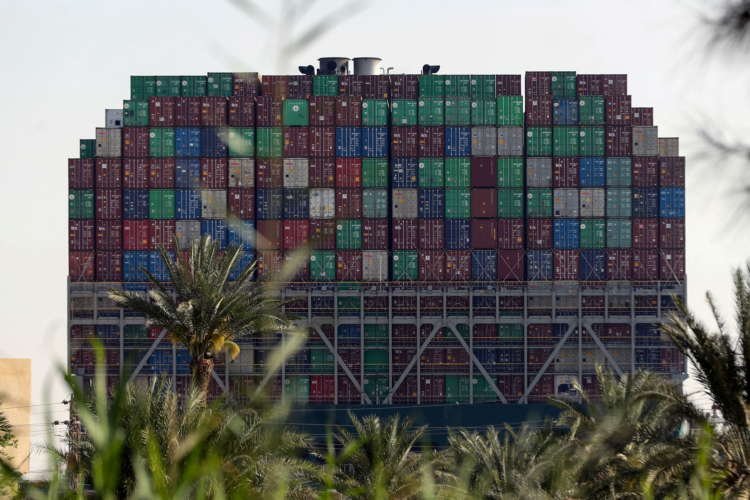Top Stories
Suez Canal blockage adds strain to global supply chains
Published by linker 5
Posted on March 26, 2021
1 min readLast updated: January 21, 2026

Published by linker 5
Posted on March 26, 2021
1 min readLast updated: January 21, 2026

Explore more articles in the Top Stories category











